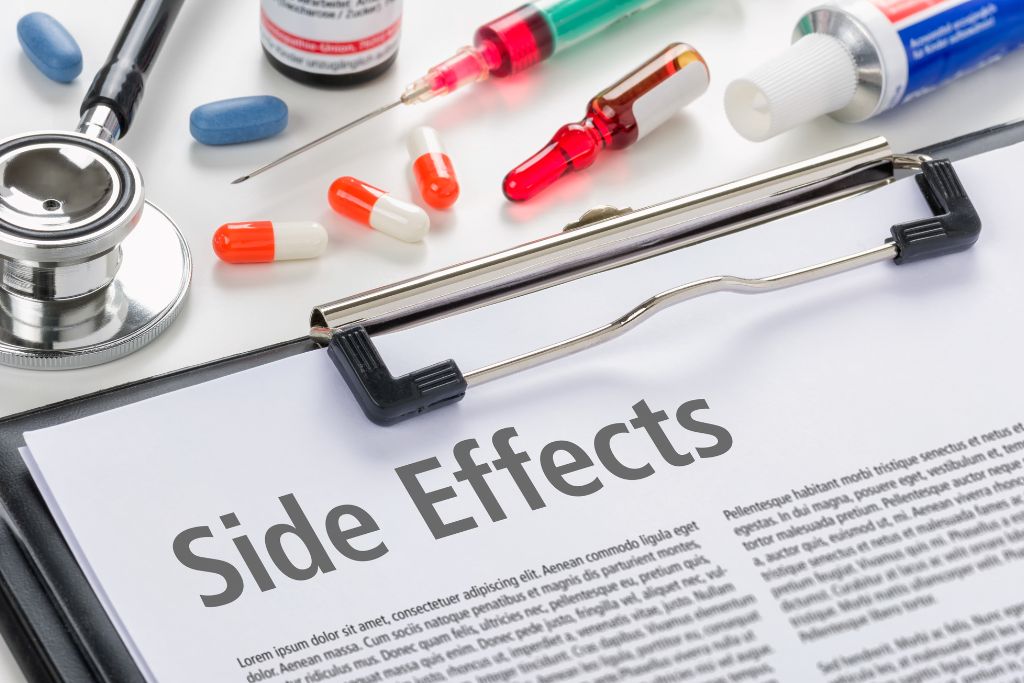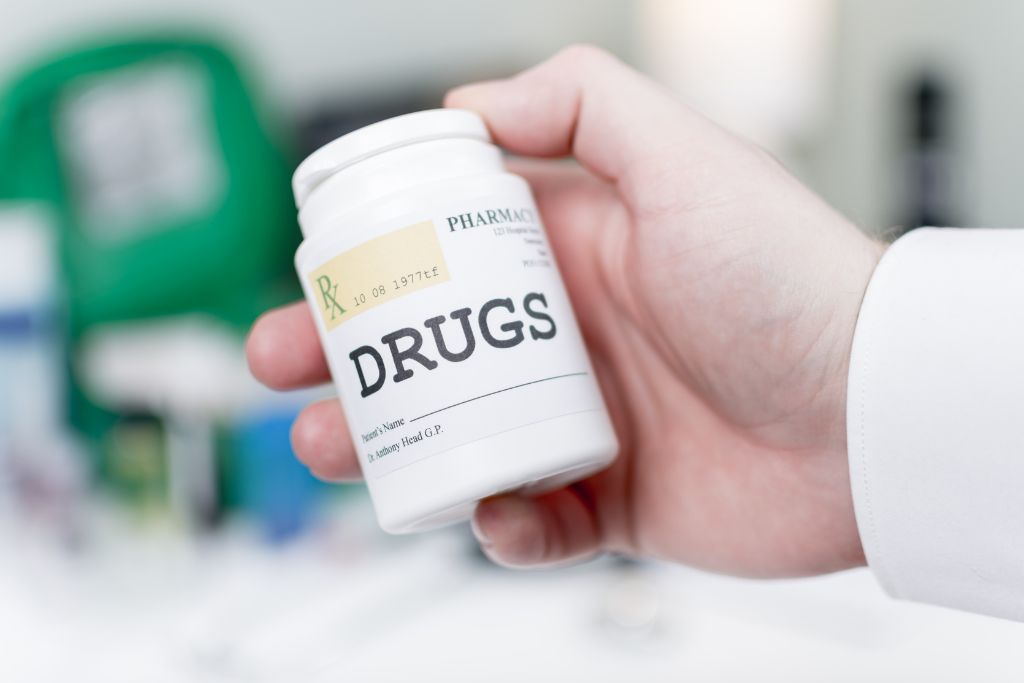Generic drugs are medications that look and work like brand-name medicines. But they are usually less expensive and often available at lower copays. When a medicine is first developed, the company that discovers and markets it gets a patent. That patent protects the drug from generic manufacturers until its expiration, which may take up to 20 years.
Cost
Generic drugs are often cheaper than brand-name medicines. This is because the research that goes into creating brand-name drugs is expensive and time-consuming.
After a drug company develops a new medicine, it can get a patent on the product for a certain number of years. Once the patent has expired, other companies can create generic versions of that drug.

The lower cost of generic drugs generally comes from more competition, which leads to lower prices overall. However, if one generic manufacturer has a monopoly on the market, its price may be higher than its competitors’ prices.
This can happen because some generic makers game the system to get a special approval called DESI (designated equivalent substance) for their drug, which gives them a monopoly for about two years, according to GoodRx. Then, they can jack up the price.
Safety
When a brand-name drug’s patent has expired, companies are allowed to produce a generic drug that meets strict standards. These include having the same chemical recipe, being absorbed by the body, having the same dose strength, and being FDA-approved for use.
However, many people have concerns about the safety of generic drugs. They worry that a low-quality generic version of medicine could lead to complications like heart attacks or strokes, or even death.

But the bulk of research shows that generics are just as effective as their brand-name counterparts, and they can be very affordable. That could help reduce healthcare costs and improve access to medications, says Dr. Choudhry.
But one big concern is that generics are often made by firms that don’t follow rigorous manufacturing standards. These companies may fail to put the right ingredients in the right amounts or don’t do the right tests, leading to substandard or unsafe products.
Dosage
Generic drugs are similar to brand-name drugs in a number of ways, including the active ingredient, strength, dosage form (for example, tablet, liquid, injection, patch), safety, and conditions of use. In addition, the drug must be bioequivalent to its brand-name counterpart, meaning it’s the same in terms of rate and extent of absorption into the body.
When a generic drug is compared to a brand-name drug, scientists perform tests to measure this variation. The difference is usually described in terms of a percentage.

This study examined the top 1000 CO-APCD generics in 2019. It identified 45 high-cost products that had lower-cost therapeutic alternatives of the same clinical value.
Side Effects
The last time you went to the pharmacy, chances are that your prescription was for a generic drug. A record 86 percent of prescriptions were for generic drugs in 2017 according to IQVIA, one of the world’s largest contract research organizations.
Generic medications are essentially the same as brand-name medicines. They go through rigorous testing to show quality, strength, purity, and potency before approval by FDA.

But despite the fact that generic drugs contain the same active ingredient, there are slight differences in how they work inside your body. These differences may make the medication less effective or cause side effects for some people.
The FDA has a program called MedWatch that allows health professionals, patients, and consumers to report serious adverse events, product quality problems, or therapeutic inequivalence. If it finds that a generic or brand-name medicine has a problem, FDA will review it and recommend changes to the product, as necessary.
In the world of cooking, there are some essential tips and tricks that every chef should know to create delicious meals. These tips can come in handy while using generic drugs as well, as they have different formulations than their brand-name counterparts. If you’re new to generic drugs, you need to know what they are and how they differ from branded drugs. By knowing the most important tips for chefs, you can learn how to use generic drugs effectively to achieve better health outcomes. Check out this article “Most important tips every chef needs to know” for some valuable cooking advice and incorporate the same while taking generic drugs.

